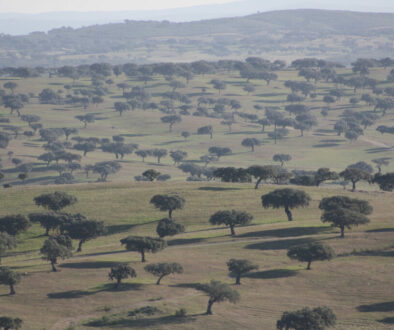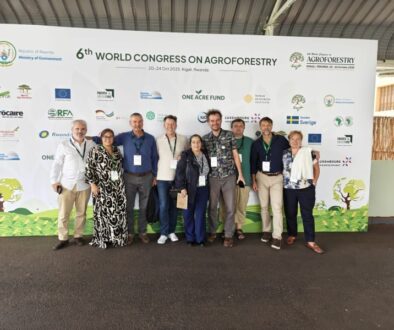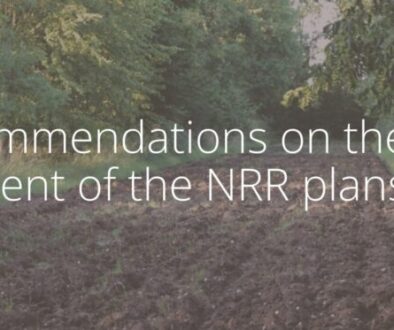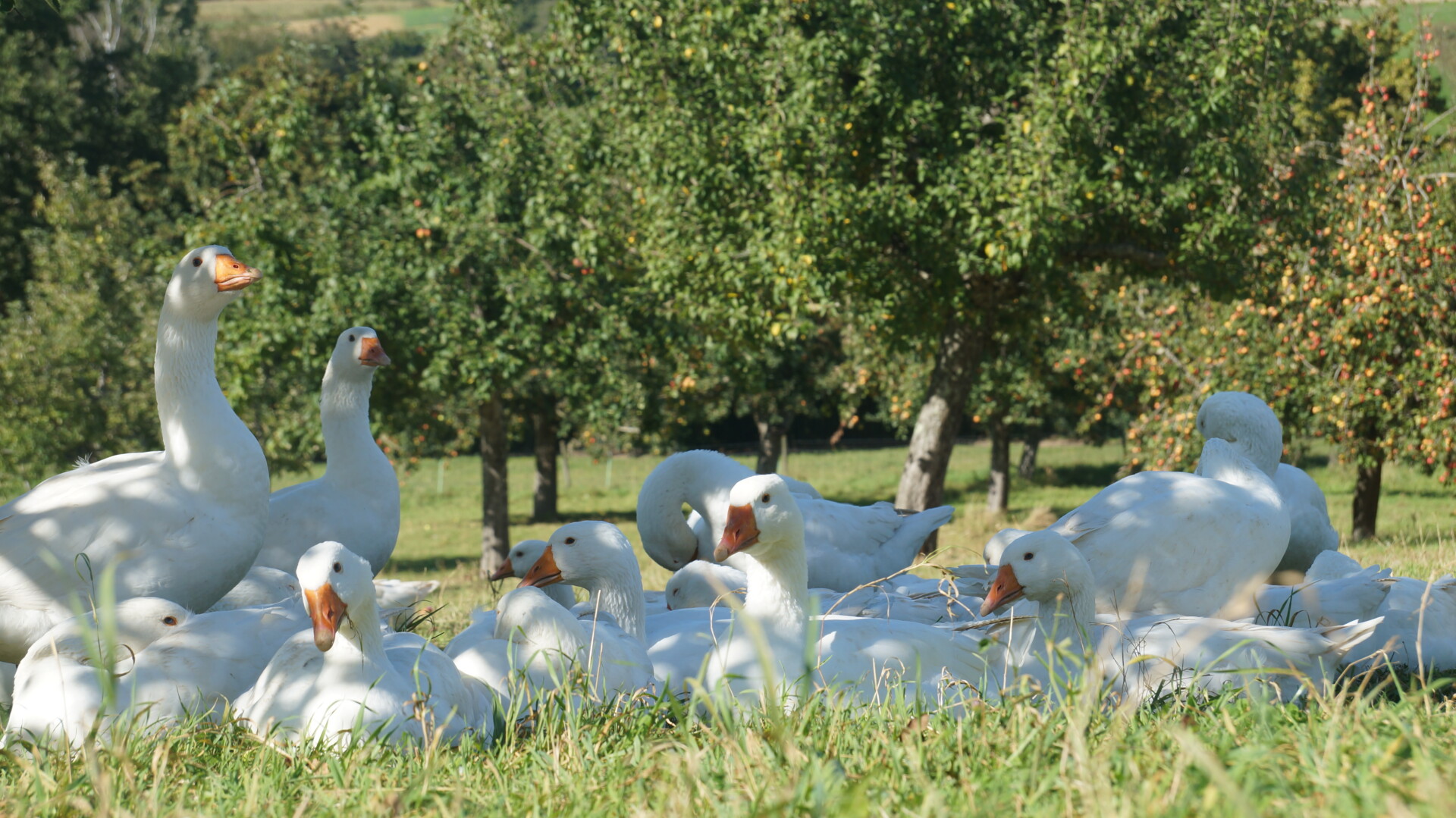
DeFAF e.V., J. Günzel – Freiburg
Agroforestry is essential for nature restoration By the German Agroforestry Association (DeFAF)
Agroforestry can restore degraded ecosystems and therefore restore nature. Trees and shrubs have a positive impact on ecosystem services such as biodiversity, carbon sequestration, pollination, water cycles and soil life as well as water and air quality. These benefits are especially strong on agricultural land that is intensively used for food as well as biomass production. Due to heavy use of fertilisers and pesticides, lack of diverse crop rotation including cover crops and tillage, ecosystem services and agriculture land are often dysfunctional.
Nature Restoration Law does not exclude agricultural production
With the new Nature Restoration Law (Regulation (EU) 2024/1991), which came into force on August 18, 2024, the question reemerged on how restoring nature can coexist with agricultural production. This new EU law is directly applicable and sets legally binding restoration targets for the long-term regeneration of nature in Europe, with the overarching goal of taking restoration measures in 20 % of degraded ecosystems in the EU by 2030 and in all ecosystems by 2050.
As a reaction to this new regulation farmers might fear the replacement of agricultural production by nature conservation measures. However, the Nature Restoration Law explicitly aims to ensure food security and improve the resilience of agricultural production systems. It calls for the expansion of areas managed agroecologically, specifically to “increase the agricultural area subject to agro-ecological management approaches such as organic agriculture or agroforestry, multicropping and crop rotation, integrated pest and nutrient management” (Annex VII, 17).
While primarily implemented on arable land and grasslands, agroforestry can also play a role in reforestation, as seen in traditional silvopastoral systems in forests like “Hutewälder” in Germany. Additionally, afforestation efforts incorporating food forests—such as those focusing on fruit and nut-bearing trees and shrubs—further contribute to ecosystem regeneration while providing sustainable yields.
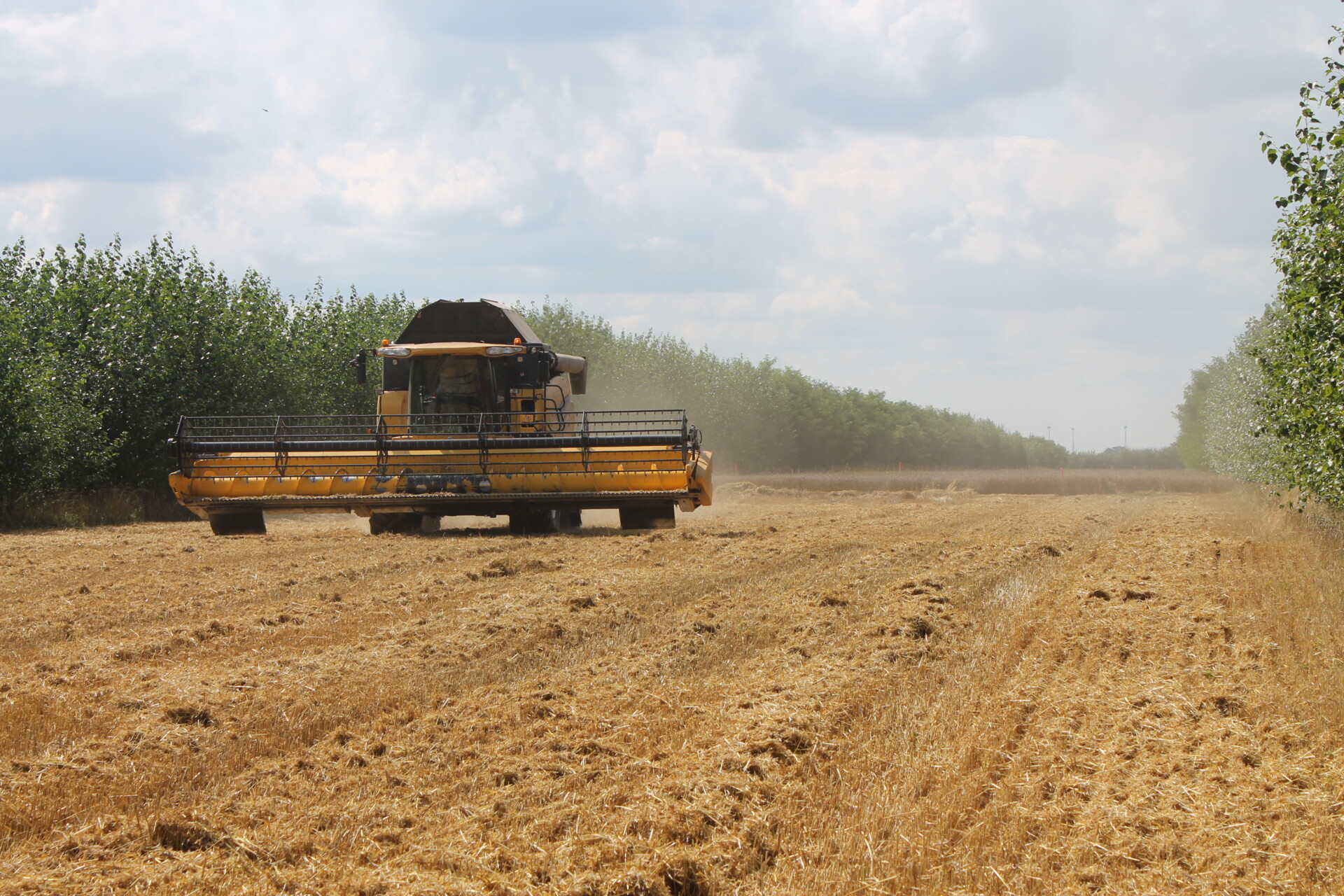
DeFAF e.V., C.Boehm-Forst-Ernte
Restoring nature can only be successful if implemented together with farmers
Implemented in cooperation with farmers, agroforestry can be an important tool for restoring degraded ecosystems while producing valuable food and biomass. Agroforestry allows for adapting the current production system while not entirely changing it. The diversity of agroforestry allows farmers to choose a system that fits the specific context of their farming operation. Especially when fast-growing tree species are included, agroforestry can have positive effects on ecosystem services including carbon storage in a short time.
Both nature restoration and food production need to work together to create resilient, biodiverse and productive agroecosystems. Thereby, Agroforestry is an essential tool.
DeFAF e.V., I.Frenzel_Obstbäume in Kombination mit Gemüseanbau
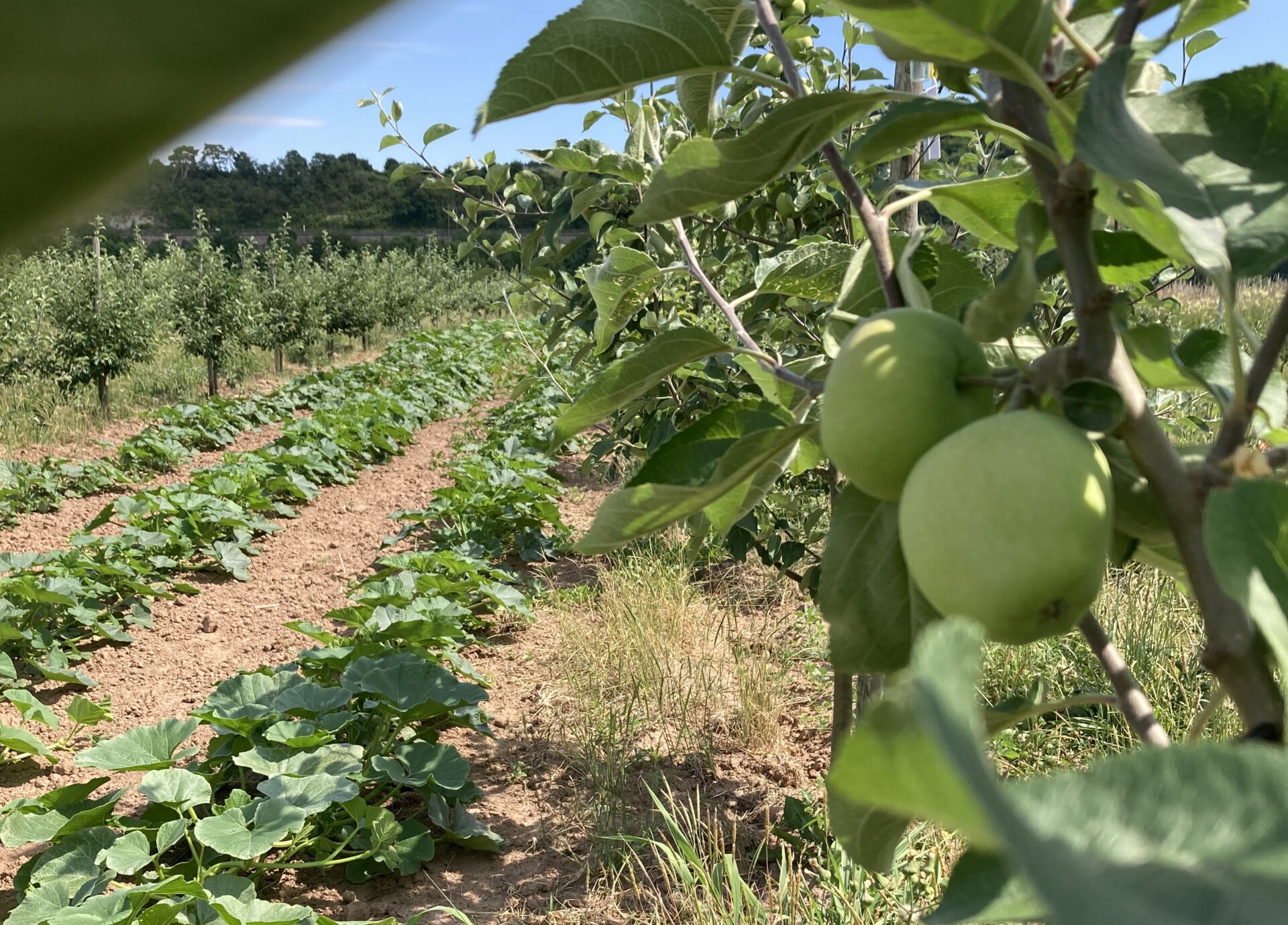
This article was prepared by the German Agroforestry Association (DeFAF). For more information about their work, please visit their website.
